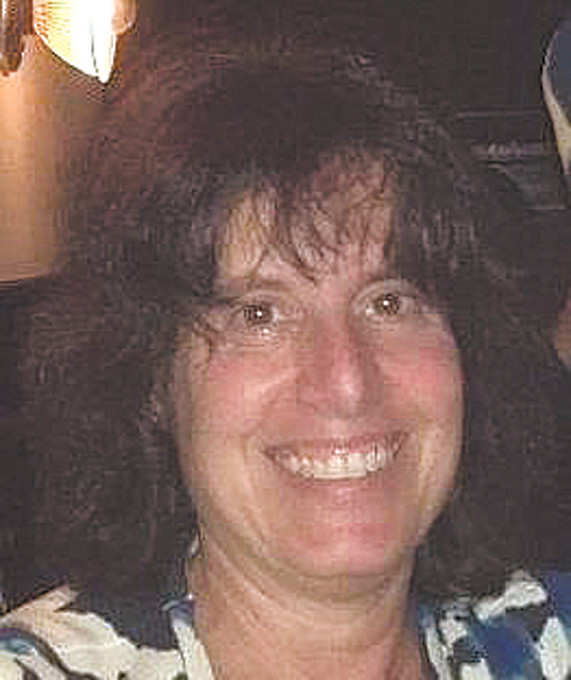Take a Break
Once in a while, when our kids were super stressed by school. I allowed them a “mental health day.” It sounds like playing hooky, but sleeping in and getting a little unexpected time off goes a long way in helping with focus and creativity. Similarly, we’ve all heard about “power naps”; taking 10 to 30 minutes in the midst of a work day to close your eyes and switch off. This short break has been proven to restore energy and alertness without the fuzziness associated with a longer nap. It’s difficult to justify and may even seem shameful for ever-busy New Yorkers to admit to taking a respite, but we’re only human and we really need it.
I remember the old days in Israel, when the country shut down for a few hours around noon. Businesses there and elsewhere in the Mediterranean would open for work early in the morning. They’d close at 12 or 1 so everyone could go home for the big midday meal and a leisurely rest before returning refreshed to work for the late afternoon hours. As a visiting American, I was befuddled and inconvenienced by this weird practice, but have come to appreciate its wisdom.
The siesta originated in countries where the hot climate makes it ineffective to attempt productivity during the most brutal hours of the day. This, combined with the lethargy produced by consuming a typically large lunch, makes a powerful case for some shut eye. This quaint custom has unfortunately all but disappeared in recent years, due to lengthy commutes home, economic pressures and the Westernization of the world.
As a yoga practitioner, I have learned the importance of shavasana, the “corpse” or resting pose. It took me many moons to evolve from being a fidgety rester to one who embraces the healing peace and quiet of the final minutes of a class. As a yoga teacher, I observe a wide range of reactions to this pose. Some don’t see the point and may even dread it, making a quick getaway just before the class reclines in the passive but crucial pose. Others clearly get what it’s about and audibly sigh with satisfaction as they settle down comfortably with pillows and blankets to make the most of this tiny bit of heaven.
A break doesn’t have to be quiet or restful to reinvigorate. We’ve just been away for a family reunion, which was anything but serene. We flew to another city, were handed a full schedule of activities, and spent every meal engaging with lots of relatives. It was hectic, but in a totally different sort of busy-ness than our normal schedule. By stepping out of our regular rut, er, routine, and being fully immersed in our interactions, we enjoyed a vacation of sorts. We switched our minds off from job and home responsibilities, experienced new geography and different people, and some of the same people in a different environment.
Jarring the senses with emotional or physical changes feels like pressing the restart button, giving me a new perspective. However, it doesn’t have to be so drastic as having to leave town in order to gain the benefits. A catch up lunch date with an old friend, a stroll on the beach or a gorgeous view of sunrise or sunset can help me recharge. Delving into an all consuming book helps me slip away from my surroundings and feel as if I’m transported to another era. Being totally engaged by a fascinating film takes me to another world. (Of course, making sure to shut off all devices--no posting or texting allowed to spoil the out of body experience!)
We are lucky to have the built in 25-hour reprieve of Shabbat available to us each and every week. However, I want and need a small taste of that during the other six days. I’m learning that finding time for a mental health break every day is critical to my physical health. I’m telling my students (and consequently reminding myself) that the first step is to cultivate an awareness of the importance of separating out a piece of time. Once we’ve done that, we must practice allowing ourselves to maximize those minutes by being fully in the moment, without letting guilt or regret spoil it. This is hard to do but may be accomplished by conscious breathing, feeling, observing and letting go. Only then can we begin to appreciate that this small oasis in the day is not a luxury, but a necessity, pehaps more than anything else we do.
After the break, whether it’s five minutes, an hour, a weekend or longer, we must inevitably come back to our reality, returning home, to work and responsiblities. As far as we’ve gone, we’ve still been ourselves, in our own bodies. Now take a moment to notice if there’s any change--if you see, feel or react a little differently. Take a slow breath and know that you’ve done something good for yourself and that will positively affect those around you. Take a break, you won’t be sorry!
Miriam Bradman Abrahams is Cuban born, Brooklyn bred and lives in Woodmere. She organizes author events for Hadassah, reviews books for Jewish Book World and is very slowly writing her father’s immigration story. She can be reached at mabraha1@optonline.net

 67.0°,
Mostly Cloudy
67.0°,
Mostly Cloudy 




